Top 10 Best Executive Coaching Positions in 2025
The demand for executive coaching positions is skyrocketing as organizations prepare for the challenges of 2025. Leaders everywhere are seeking expert guidance to navigate rapid business change and drive long-term success.
This article is designed to help both professionals and organizations pinpoint the most promising executive coaching positions for career advancement and real organizational impact.
With hybrid work models and evolving leadership challenges, the executive coaching landscape is shifting fast. Coaches must adapt to new trends and client needs to stay ahead.
Read on for an industry overview, the top 10 executive coaching roles, essential skills and certifications, and a look at future trends shaping this dynamic field.
The Evolving Landscape of Executive Coaching in 2025
The landscape for executive coaching positions has transformed dramatically as we approach 2025. Organizations are reimagining leadership development in response to rapid digitalization, hybrid work environments, and a new set of leadership challenges. As a result, executive coaching positions are in higher demand than ever, with roles evolving to meet the needs of a more complex, tech-driven business world.
One of the most significant shifts is the rise of remote and hybrid work. Leaders now require guidance on managing distributed teams, fostering collaboration across time zones, and maintaining engagement without daily in-person contact. Executive coaching positions have expanded to address these demands, with coaches specializing in virtual leadership and digital communication strategies.
Investment in executive coaching positions has surged. According to recent executive coaching industry growth statistics 2023, organizations are allocating more resources to leadership development than ever before. Companies recognize that coaching is not just a perk for senior executives—it’s a strategic tool for organizational resilience and growth. This increased investment is driving a robust job market for executive coaching positions across industries.
A notable trend is the emergence of niche executive coaching positions. Roles focusing on diversity, equity, and inclusion (DEI), executive wellness, and digital transformation have become highly sought after. These specialized positions are helping organizations tackle unique challenges, such as building inclusive cultures, combating burnout, and leading digital change.
| Niche Role | Focus Area | Industry Demand |
|---|---|---|
| DEI Executive Coach | Inclusive leadership | High |
| Wellness & Resilience Coach | Burnout prevention | Growing |
| Digital Transformation Coach | Tech adoption/innovation | High |
Technology is also reshaping executive coaching positions. AI-powered platforms, data analytics, and digital coaching tools are making it possible to track progress, measure outcomes, and personalize development. Coaches who embrace these technologies are better equipped to deliver measurable results and demonstrate ROI to their clients.
Leading organizations are integrating executive coaching positions into their talent development strategies. Fortune 500 companies, global consulting firms, and innovative startups are all prioritizing coaching to build strong leadership pipelines and adapt to change.
With the increased focus on outcomes, there’s a growing expectation for executive coaching positions to deliver clear, measurable results. Organizations want to see tangible improvements in leadership performance, team dynamics, and business outcomes. Coaches are responding by adopting evidence-based approaches and using data to showcase their impact.
Stepping into executive coaching positions in 2025 presents both challenges and opportunities:
- Navigating a competitive job market with higher expectations
- Staying current with technology and industry trends
- Earning advanced credentials and micro-certifications
- Building expertise in high-demand niches
Despite these challenges, the outlook is bright. Executive coaching positions are not only more plentiful but also more influential in shaping the future of leadership. As businesses continue to prioritize development and adaptability, coaches who evolve with the landscape will find exciting opportunities for impact and growth.
Top 10 Best Executive Coaching Positions in 2025
The landscape of executive coaching positions is evolving rapidly, making 2025 an exciting year for ambitious coaches. To help you navigate this dynamic field, we’ve identified the top 10 executive coaching positions based on demand, compensation, impact, specialization, and growth potential.
Organizations are investing heavily in leadership development, seeking coaches who can deliver measurable results. Each role on this list addresses unique challenges in today’s business world, from digital transformation to wellness. If you’re considering a career in executive coaching positions or aiming to expand your practice, this guide highlights the most promising opportunities.
Let’s explore the top roles, salary trends, and what makes each position stand out.
1. Chief Executive Coach – In-House Corporate Programs
Chief Executive Coach roles within major organizations remain among the most sought-after executive coaching positions. These professionals work directly with top leadership, influencing corporate culture and driving strategic initiatives.
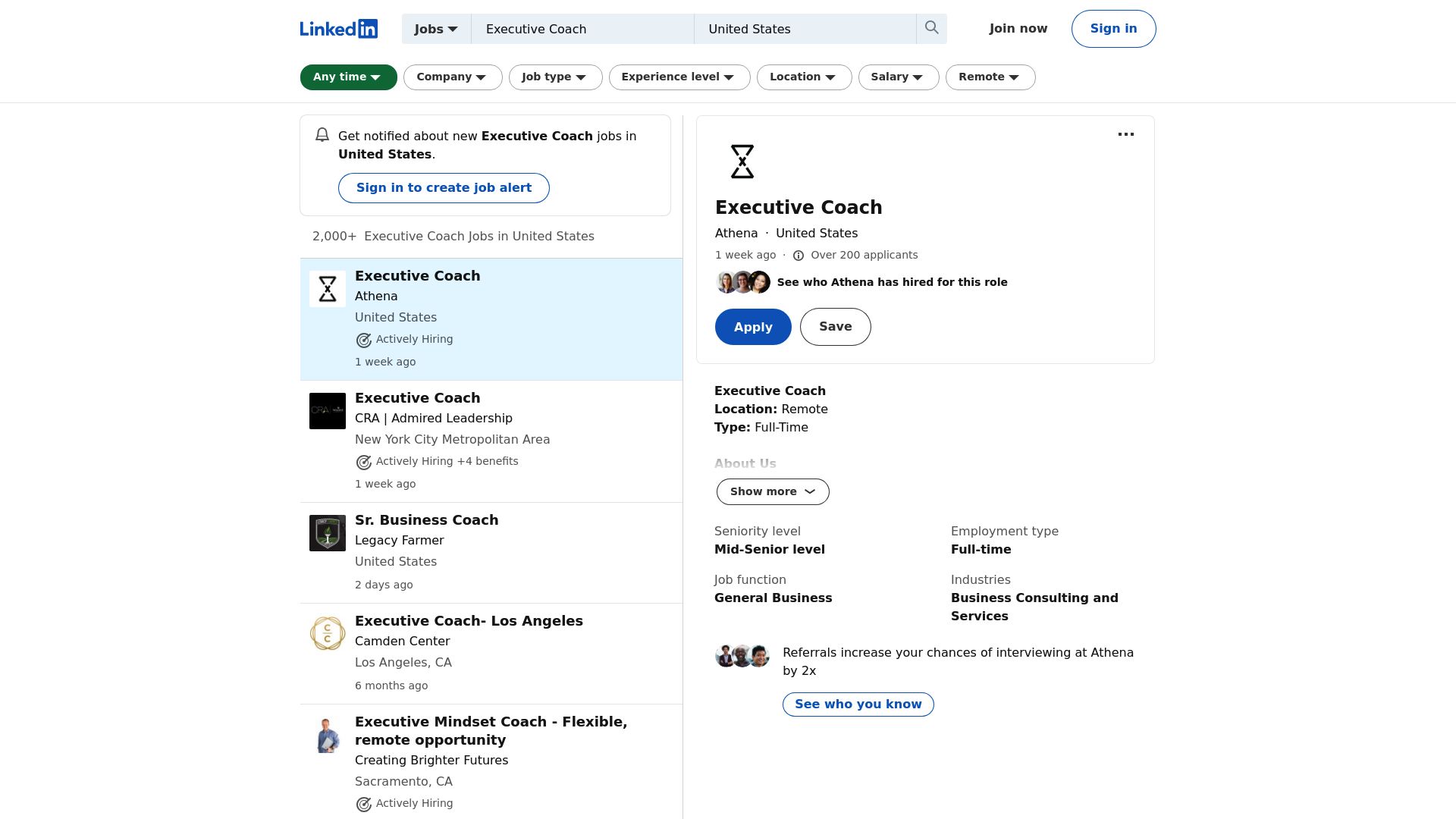
Core Features:
- Leadership development programs
- Succession planning
- Executive onboarding
Key Benefits:
- Competitive salaries ($150,000–$250,000+)
- Direct access to C-suite decision-makers
- Long-term job security
Ideal For: Seasoned coaches with deep corporate experience.
Pros:
- Significant influence on organizational direction
- Professional growth and networking
Cons:
- Less flexibility compared to independent roles
- High-pressure expectations
Example: Fortune 500 companies building internal coaching teams to foster leadership continuity.
Chief Executive Coach positions anchor the spectrum of executive coaching positions by offering unparalleled organizational impact.
2. Diversity, Equity & Inclusion (DEI) Executive Coach
DEI Executive Coaches are specialists guiding leaders to create more inclusive, equitable workplaces. As organizations prioritize social responsibility, these executive coaching positions are in high demand.
Core Features:
- Bias awareness and mitigation training
- Inclusive leadership coaching
- Culture change facilitation
Key Benefits:
- Salaries range from $100,000–$180,000
- Unique specialization with strong growth
- Social and organizational impact
Ideal For: Coaches with DEI expertise or HR backgrounds.
Pros:
- Positive societal contribution
- Rapidly growing market
Cons:
- Emotional labor
- Constantly evolving best practices
Example: Tech firms integrating DEI executive coaching positions to lead culture transformation.
DEI coaching roles are reshaping the future of executive coaching positions by aligning leadership with modern values.
3. Digital Transformation Executive Coach
Digital Transformation Executive Coaches help leaders navigate disruptive technology and innovation. These executive coaching positions are essential as companies accelerate digital adoption.
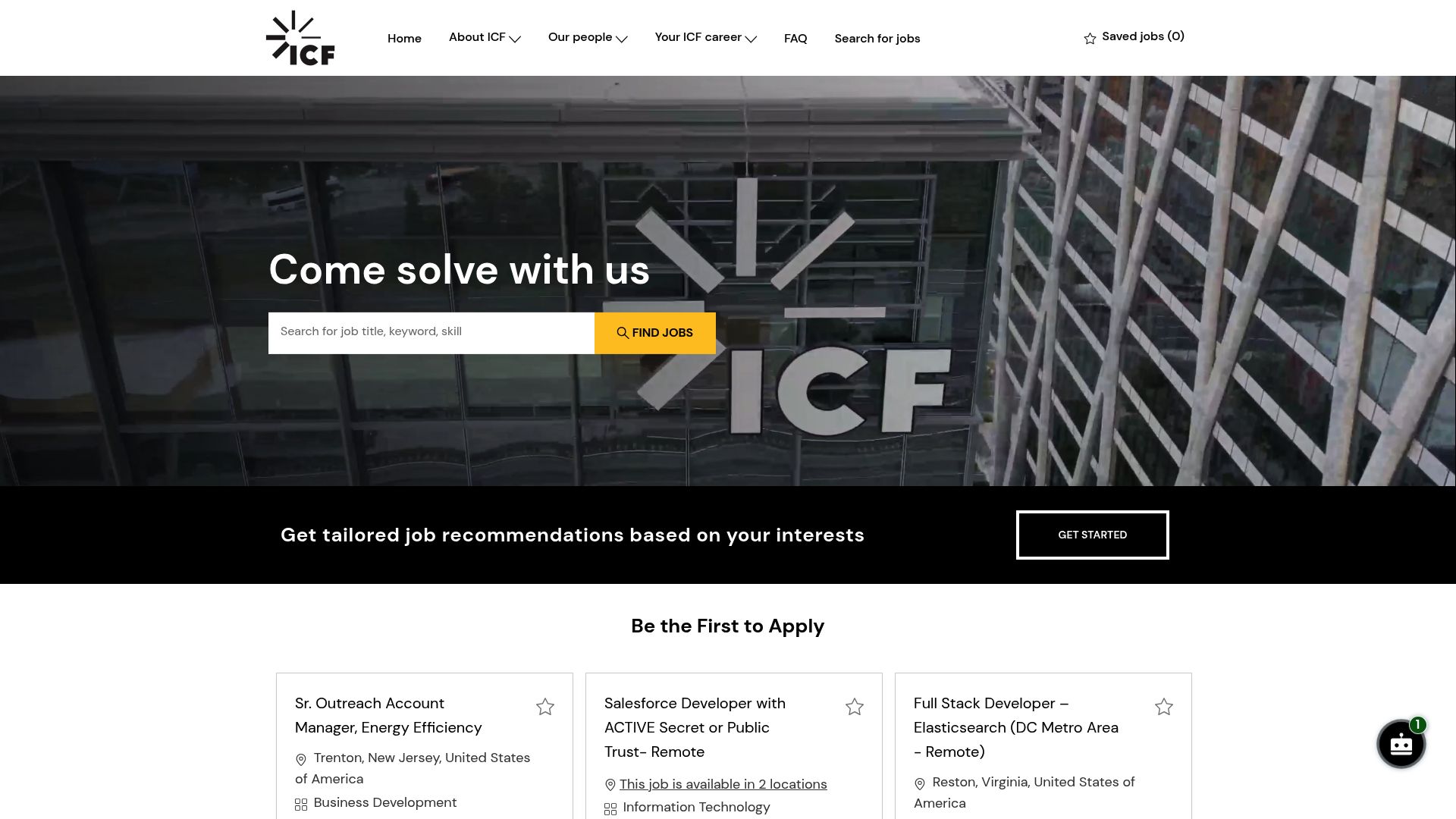
Core Features:
- Change management
- Digital literacy development
- Agile leadership training
Key Benefits:
- High compensation ($120,000–$200,000)
- Future-proof skillset
- Access to innovative projects
Ideal For: Coaches with IT or tech backgrounds.
Pros:
- High demand in all sectors
- Exposure to cutting-edge initiatives
Cons:
- Fast-paced, ever-changing landscape
- Requires continual learning
Example: Consulting firms hiring digital transformation coaches for executive leadership teams.
Digital coaching is one of the fastest-growing executive coaching positions, blending technology with leadership.
4. Startup & Scale-Up Executive Coach
Startup & Scale-Up Executive Coaches support founders and fast-growth companies, making these executive coaching positions dynamic and entrepreneurial.
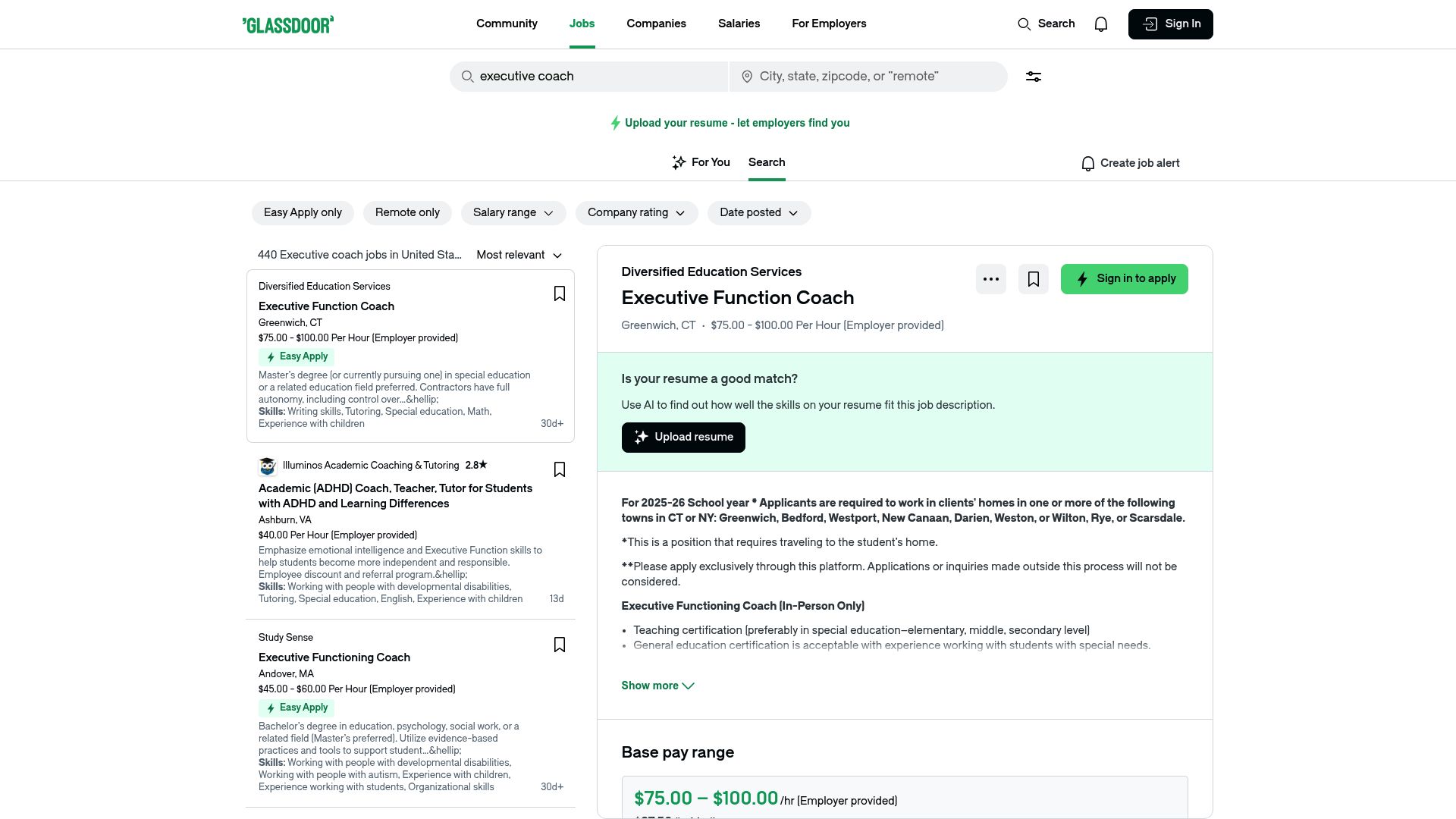
Core Features:
- Coaching under uncertainty
- Fundraising strategy guidance
- Team scaling and leadership development
Key Benefits:
- Variable compensation (base + equity, $90,000–$200,000+)
- Fast-paced, varied work
- Equity ownership opportunities
Ideal For: Coaches with startup or entrepreneurial experience.
Pros:
- Dynamic clients and industries
- Potential high financial upside
Cons:
- Income variability
- High-stress environments
Example: VC-backed startups hiring coaches to support rapid growth and founder resilience.
Startup-focused executive coaching positions offer a front-row seat to innovation and business creation.
5. Executive Wellness & Resilience Coach
Executive Wellness & Resilience Coaches are increasingly vital in a post-pandemic world. These executive coaching positions focus on helping leaders manage stress, avoid burnout, and cultivate holistic well-being.
Core Features:
- Mindfulness and resilience training
- Work-life integration coaching
- Holistic wellness planning
Key Benefits:
- Salaries between $80,000–$150,000
- High relevance and demand
- Deep personal impact
Ideal For: Coaches with backgrounds in psychology, wellness, or healthcare.
Pros:
- Fulfilling, meaningful work
- Growing market
Cons:
- Additional certifications often required
Example: Finance and healthcare companies seeking wellness-oriented executive coaching positions for leadership teams.
Wellness coaching is reshaping how organizations view executive coaching positions and leadership sustainability.
6. Remote Leadership Executive Coach
Remote Leadership Executive Coaches specialize in guiding leaders of distributed and hybrid teams. As remote work becomes standard, these executive coaching positions are more critical than ever.
Core Features:
- Virtual team management
- Remote communication strategies
- Digital collaboration tools
Key Benefits:
- Global client base
- Flexible, location-independent work
- Average salaries: $110,000–$170,000
Ideal For: Coaches experienced in remote and digital work environments.
Pros:
- Work from anywhere
- Rising demand due to remote trends
Cons:
- Need for strong digital facilitation skills
Example: Global organizations with remote-first policies appointing executive coaching positions focused on virtual leadership.
Remote coaching roles are redefining executive coaching positions for a borderless business world.
7. Succession Planning Executive Coach
Succession Planning Executive Coaches ensure organizations have a strong leadership pipeline. These executive coaching positions focus on talent assessment and leadership continuity.
Core Features:
- High-potential leader development
- Leadership pipeline design
- Talent assessment
Key Benefits:
- Strategic, long-term impact
- Salaries: $100,000–$160,000
- Trusted advisor status
Ideal For: Coaches with HR or organizational development backgrounds.
Pros:
- Repeat business and long-term relationships
- Influence over organizational strategy
Cons:
- Longer sales cycles
- Deep organizational knowledge required
Example: Multinationals investing in succession planning executive coaching positions for stability and growth.
Succession planning roles are foundational executive coaching positions for future-proofing organizations.
8. Executive Team Dynamics Coach
Executive Team Dynamics Coaches facilitate alignment and resolve conflicts in senior teams. These executive coaching positions drive collaboration and performance.
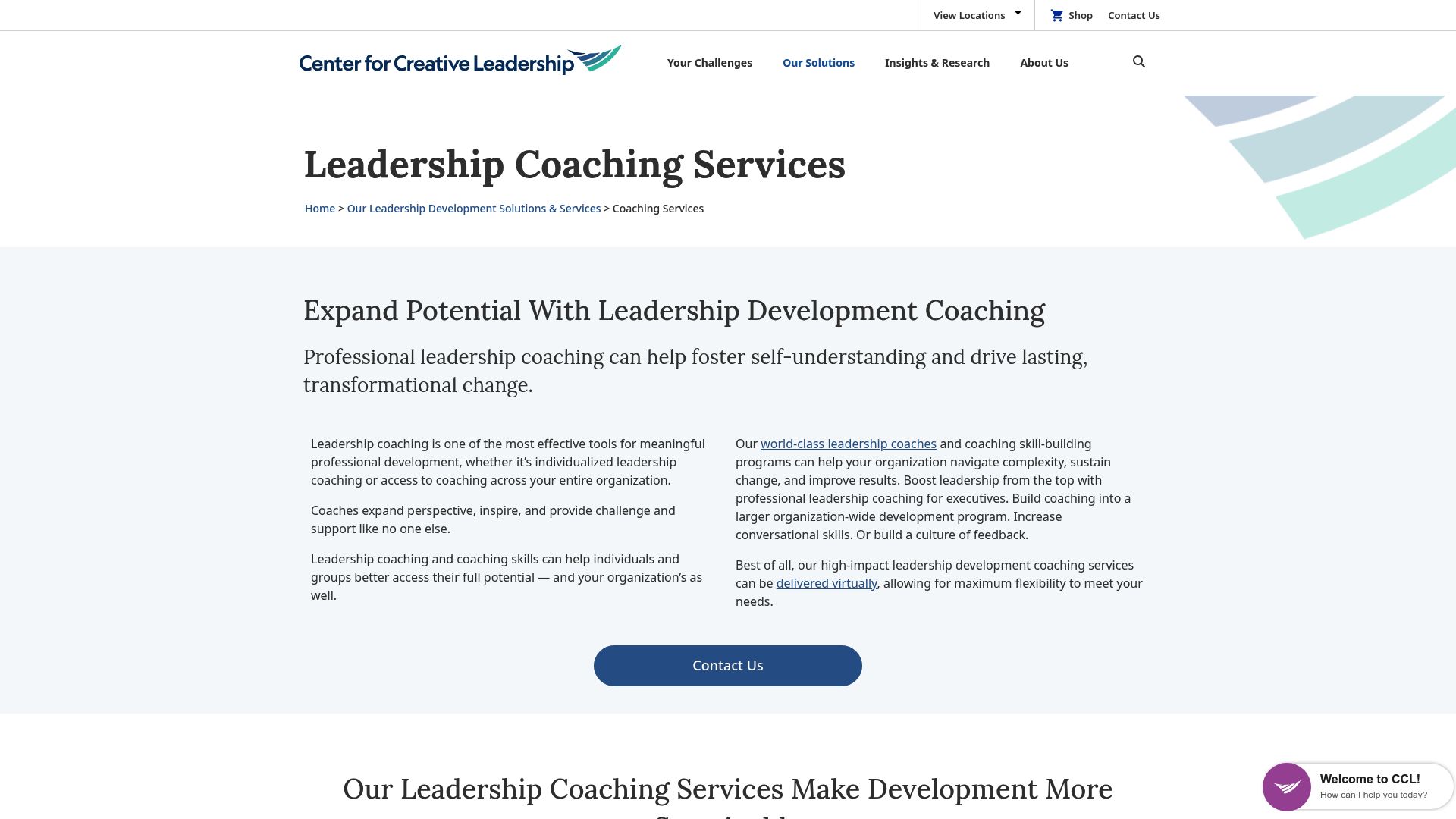
Core Features:
- Team assessments
- Group facilitation
- Culture and trust building
Key Benefits:
- Direct impact on business performance
- Salaries: $110,000–$180,000
- High client retention
Ideal For: Coaches skilled in group dynamics and facilitation.
Pros:
- Engaging, interactive work
- Opportunity to shape organizational culture
Cons:
- Complex stakeholder management
Example: M&A teams or cross-functional groups investing in executive team dynamics coaching.
Team-focused executive coaching positions are essential for companies navigating change and growth.
9. Nonprofit & Social Impact Executive Coach
Nonprofit & Social Impact Executive Coaches empower mission-driven leaders. These executive coaching positions are ideal for those passionate about social change.
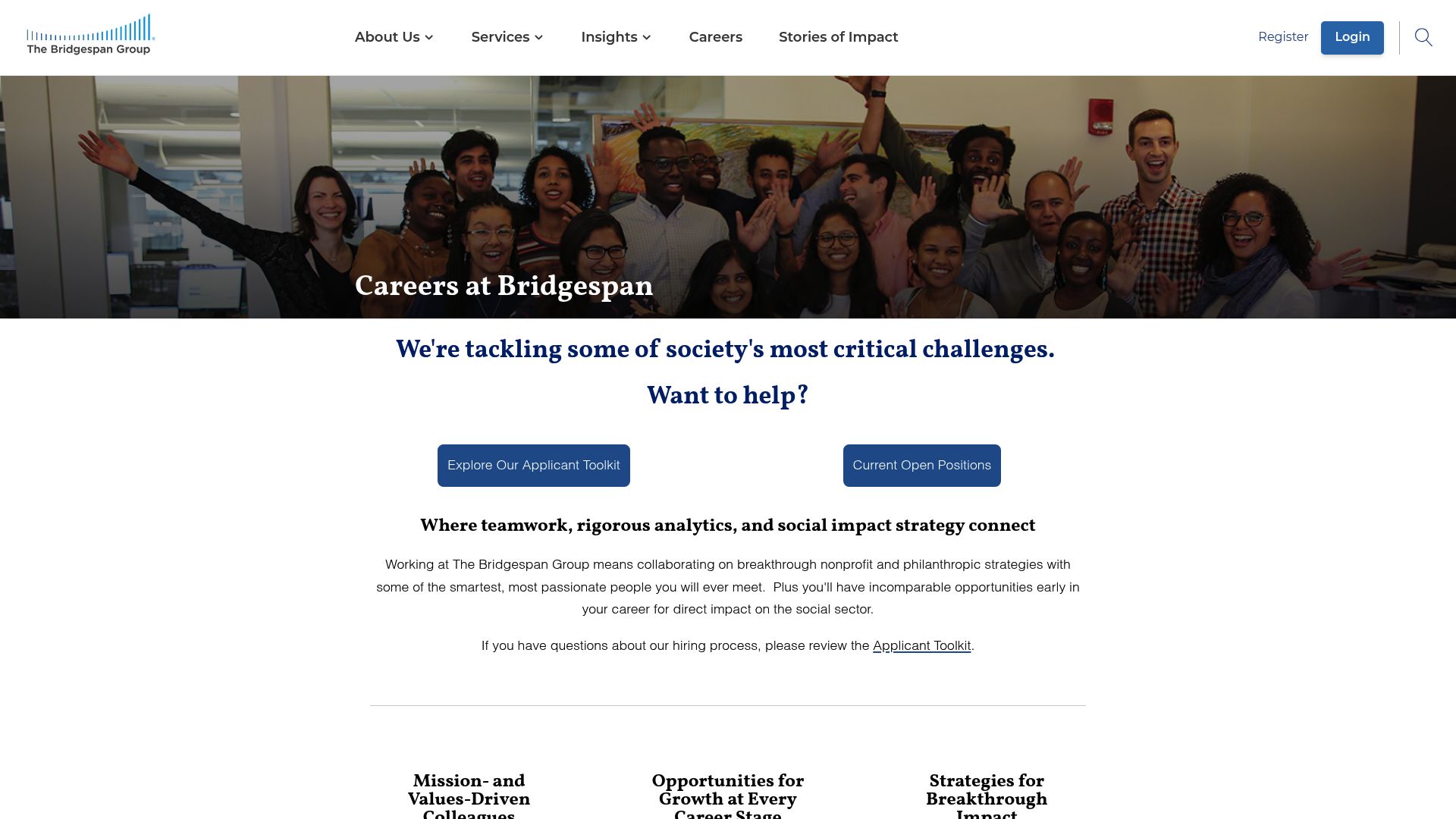
Core Features:
- Resource management coaching
- Mission alignment
- Stakeholder engagement
Key Benefits:
- Meaningful, purpose-driven work
- Salaries: $70,000–$120,000
- Diverse challenges
Ideal For: Coaches committed to social impact.
Pros:
- Work with inspiring leaders
- Make a positive difference
Cons:
- Lower compensation on average
- Funding-dependent opportunities
Example: Philanthropic organizations seeking leadership development through executive coaching positions.
Nonprofit coaching roles add depth and purpose to the landscape of executive coaching positions.
10. Noomii Executive Coaching Directory Listing
Independent coaches are increasingly leveraging the Noomii Executive Coaching Directory to access global clients and build their reputation. These executive coaching positions offer unmatched flexibility and visibility.
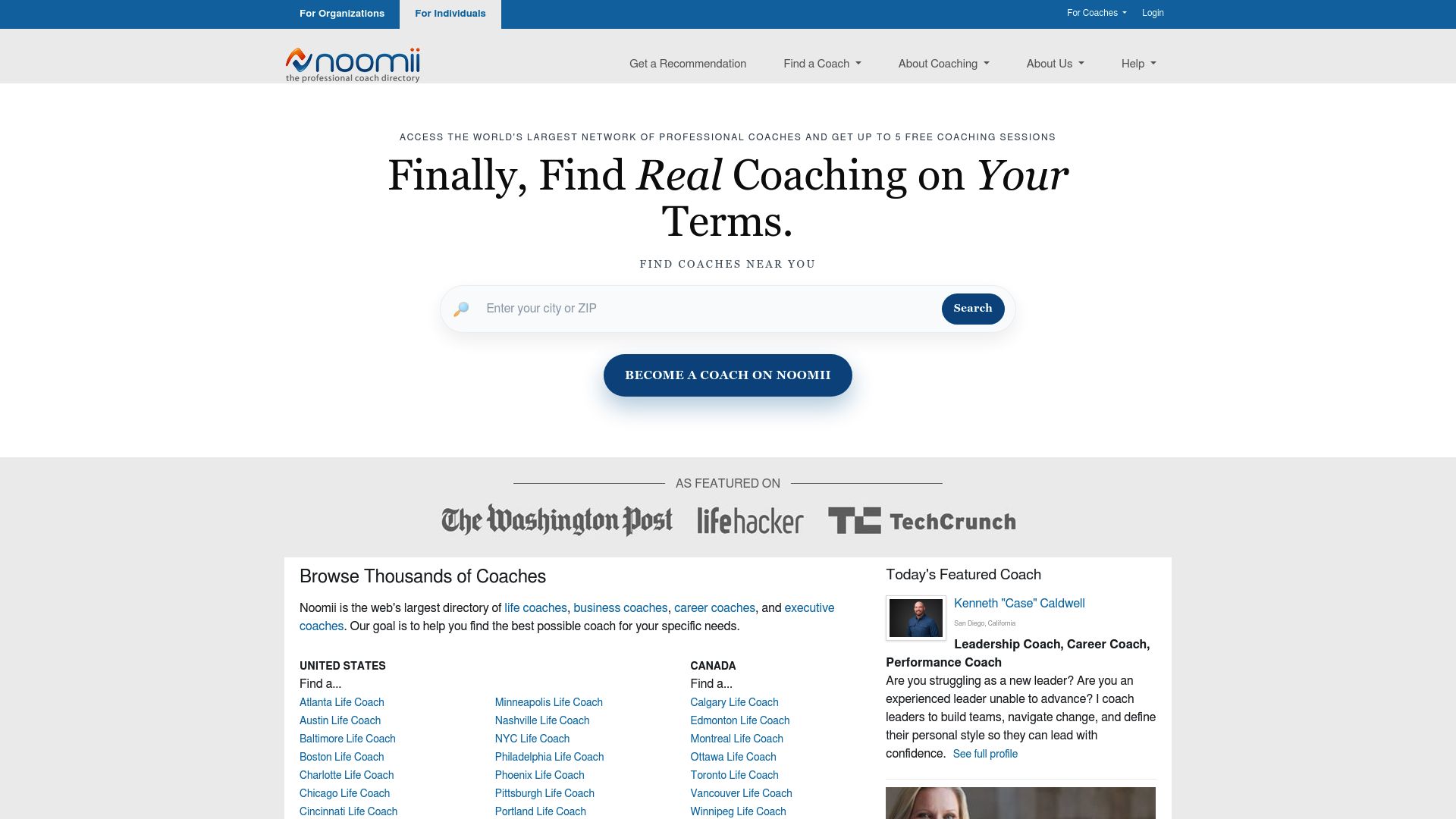
Core Features:
- Personalized SmartMatch™ algorithm
- Practice management tools and lead generation
- Free and premium directory listings
Key Benefits:
- Access to thousands of potential clients
- Flexible business development
- Global reach
Ideal For: New and established coaches seeking to grow their visibility and practice.
Pros:
- Largest executive coaching directory
- Free trial sessions for clients
- Flexible pricing for coaches
Cons:
- Competition among listed coaches
- Premium features require a subscription
Example: Coaches expanding their practice by joining the Executive coaching directory.
Noomii listings represent one of the most accessible and scalable executive coaching positions for 2025.
Salary Comparison Table:
| Position | Typical Salary Range | Flexibility | Specialization |
|---|---|---|---|
| Chief Executive Coach – In-House | $150,000–$250,000+ | Low | Corporate Leadership |
| DEI Executive Coach | $100,000–$180,000 | Medium | DEI |
| Digital Transformation Executive Coach | $120,000–$200,000 | Medium | Tech/Innovation |
| Startup & Scale-Up Executive Coach | $90,000–$200,000+ | High | Startups |
| Executive Wellness & Resilience Coach | $80,000–$150,000 | Medium | Wellness |
| Remote Leadership Executive Coach | $110,000–$170,000 | High | Remote Work |
| Succession Planning Executive Coach | $100,000–$160,000 | Medium | Talent Development |
| Executive Team Dynamics Coach | $110,000–$180,000 | Medium | Teams |
| Nonprofit & Social Impact Executive Coach | $70,000–$120,000 | Medium | Nonprofit |
| Noomii Executive Coaching Directory Listing | Varies widely | High | Generalist/Niche |
Whether you’re aiming for a corporate leadership role or prefer flexible, independent executive coaching positions, 2025 offers abundant opportunities for growth and impact.
Essential Skills and Certifications for Executive Coaches in 2025
The landscape for executive coaching positions is more competitive than ever in 2025. To stand out, professionals need a blend of technical expertise, emotional intelligence, and recognized credentials. Organizations are raising the bar, seeking coaches who deliver measurable impact and adapt to a rapidly changing business world.
Key Skills and Competencies
Success in executive coaching positions now demands more than traditional coaching abilities. Coaches must be adept at digital communication, remote facilitation, and leveraging data analytics to track progress. Emotional intelligence is crucial for navigating complex team dynamics, while adaptability helps coaches support leaders through constant change.
- Digital literacy: Mastery of virtual platforms and coaching tools.
- Emotional intelligence: Building trust and rapport with diverse clients.
- Data-driven approach: Using metrics to show coaching ROI.
- Specialization: Skills in areas like DEI, wellness, or digital transformation.
These competencies ensure coaches can meet the evolving expectations of organizations and stay relevant in high-impact executive coaching positions.
Certifications and Credentials
Accredited certifications are vital for credibility in executive coaching positions. The International Coaching Federation (ICF), European Mentoring and Coaching Council (EMCC), and Association for Coaching (AC) remain gold standards, often required by top employers. Micro-credentials in niche areas—such as diversity or wellness—are increasingly valued.
Here's a quick comparison of leading certifications:
| Certification | Focus Area | Global Recognition | Typical Requirement |
|---|---|---|---|
| ICF | General/Business | High | Yes |
| EMCC | Mentoring/Coaching | High | Yes |
| AC | Professional Coaching | Moderate | Yes |
To explore the latest trends and the most valuable credentials, see this guide to the Top executive coaching certifications 2025.
Ongoing Development and Market Value
Continuous professional development is essential for those pursuing executive coaching positions. Attending workshops, engaging in peer supervision, and earning new micro-credentials keep coaches at the forefront of industry trends. This ongoing learning not only maintains market value but also signals commitment to excellence.
Ultimately, the right combination of skills and certifications will open doors to the most sought-after executive coaching positions in 2025, ensuring coaches can deliver meaningful results for clients and organizations alike.
How to Land a Top Executive Coaching Position
Breaking into the most coveted executive coaching positions in 2025 means more than just having credentials. Today’s market rewards coaches who blend expertise with visibility, relationship-building, and strategic negotiation.
Here’s how to stand out and secure the best executive coaching positions:
- Build a powerful brand: Showcase your niche, values, and coaching philosophy. Use testimonials and case studies to highlight your impact.
- Leverage online directories: Platforms like Business coaching opportunities can connect you with organizations seeking executive coaching positions, expanding your reach and credibility.
- Network with intention: Join professional associations, attend industry events, and engage in peer communities to grow your reputation and referral base.
- Lead with thought leadership: Publish insightful articles, speak at webinars, and share knowledge on social platforms to position yourself as an authority.
- Negotiate smartly: Research market rates, set clear terms, and communicate your unique value to ensure fair compensation and favorable contracts.
With the right mix of visibility, expertise, and networking, you’ll be well-positioned to access the most rewarding executive coaching positions in 2025.
Future Trends Shaping Executive Coaching Careers
The future of executive coaching positions is being shaped by rapid advancements in technology, shifting business needs, and changing workplace cultures. In 2025, AI integration is transforming how coaches assess leaders and deliver personalized development, as seen in AI integration in executive coaching.
Global demand for remote coaching is expanding, fueled by hybrid work and the need for specialized expertise across borders. As organizations seek measurable results, data-driven approaches and clear ROI are becoming standard expectations for executive coaching positions.
Additionally, new coaching niches are emerging, from digital transformation to wellness and diversity. The rise of virtual coaching platforms is accelerating this trend, with virtual coaching market growth highlighting the shift toward flexible, scalable solutions.
Overall, executive coaching is moving from a support function to a strategic driver of organizational success, setting the stage for even more impactful roles in the years ahead.
If reading about these top executive coaching positions has you excited for the opportunities ahead, why not take the next step in your own coaching journey? Whether you’re an experienced executive coach or just starting out, visibility is key to connecting with the right clients and growing your practice. With Noomii’s trusted network and SmartMatch™ technology, you can showcase your expertise and get matched with organizations and individuals looking for your skills. Ready to boost your coaching career in 2025? Get Your Free Listing and join a global community of professionals making an impact.
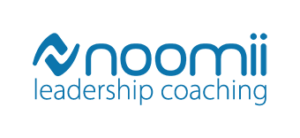
Leave a Reply
Want to join the discussion?Feel free to contribute!